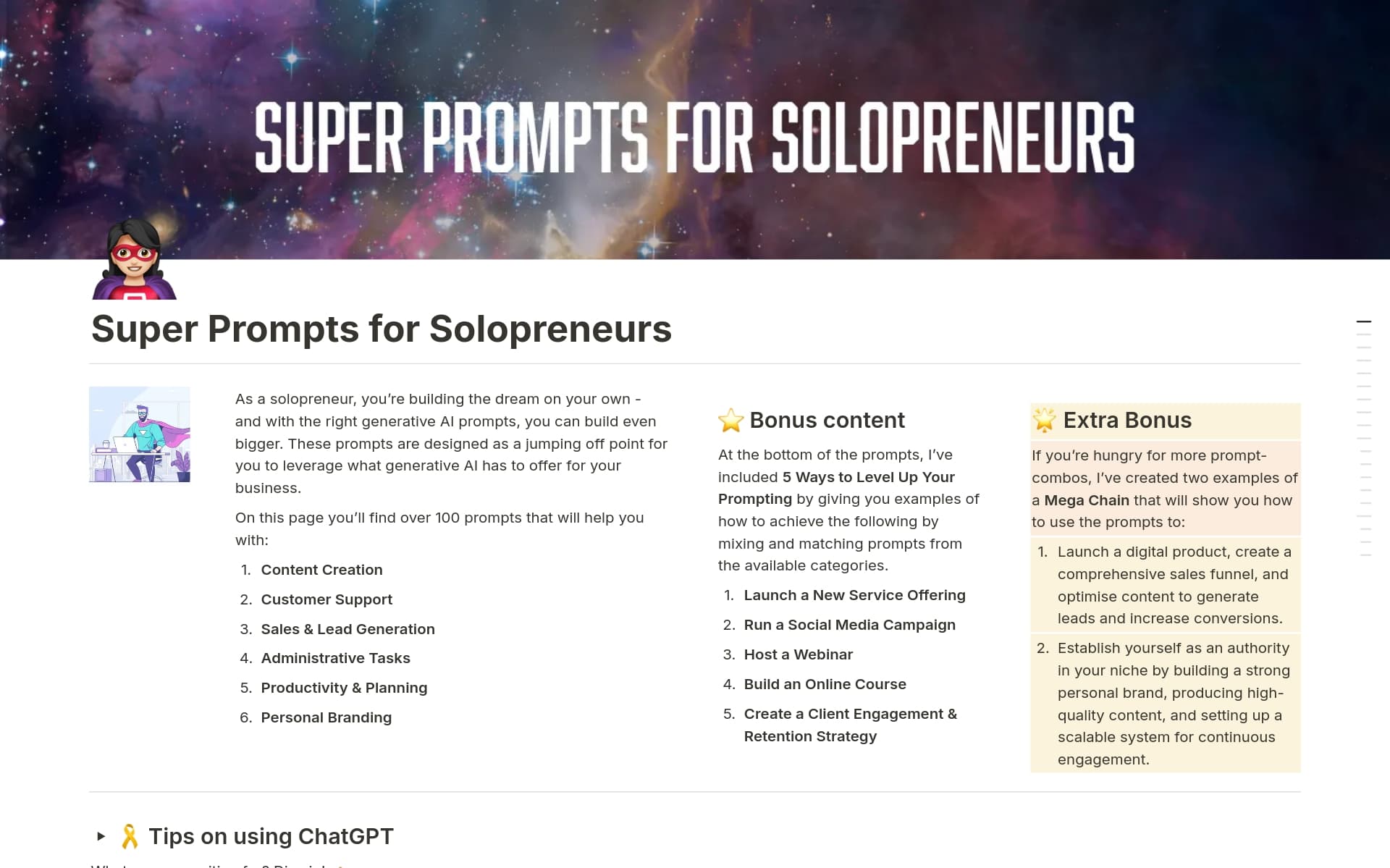Performance reviews are essential for personal and professional development, providing a structured opportunity to assess progress, set goals, and identify areas for improvement. A Performance Review template in Notion can streamline this process, ensuring that evaluations are thorough, consistent, and aligned with long-term objectives. It can also save time and help maintain focus on the most critical aspects of performance.
Before you start creating your own Performance Review, check out these Performance Review Notion templates below to help make it easier.
What Should Performance Review Templates Include?
Choosing the right Performance Review Template in Notion can streamline the evaluation process and enhance clarity. Here are key components to look for in a template:
Goal Setting and Review: The template should facilitate setting specific, measurable goals at the beginning and allow for reviewing these goals periodically.
Employee Self-Assessment: A section for employees to self-reflect on their performance and goals is essential for fostering personal growth and engagement.
Manager's Assessment: It should include a structured format for managers to provide feedback on employee performance, highlighting achievements and areas for improvement.
Development Plan: A forward-looking component that helps outline future objectives and skills development opportunities for the employee.
Selecting a template with these components will ensure a comprehensive review that benefits both the employee and the organization.
What Should Performance Review Templates Avoid?
Choosing the right performance review template in Notion can significantly streamline the evaluation process. However, certain elements can hinder rather than help. Here are three key components to steer clear of:
Overly Complex Categories: Templates with too many categories can lead to confusion and dilute the focus of the review. Simplicity aids in clearer assessments.
Fixed Rating Scales: Avoid templates that only offer limited rating options, such as a 1-5 scale, without room for nuanced feedback. Flexibility in responses can provide more insightful evaluations.
Generic Descriptors: Steer clear of templates that use vague descriptors for skills and achievements. Specificity in feedback helps in personal development and accurate performance tracking.
Remember, the best templates are those that facilitate a straightforward and effective review process, helping both reviewers and employees understand and act on the feedback provided.



